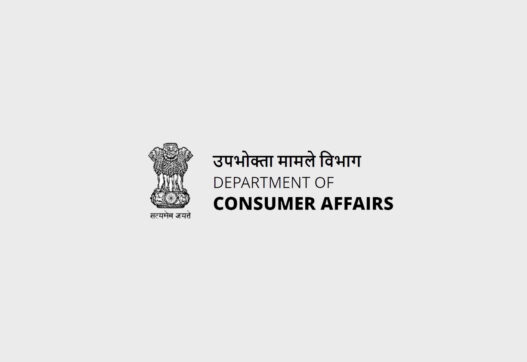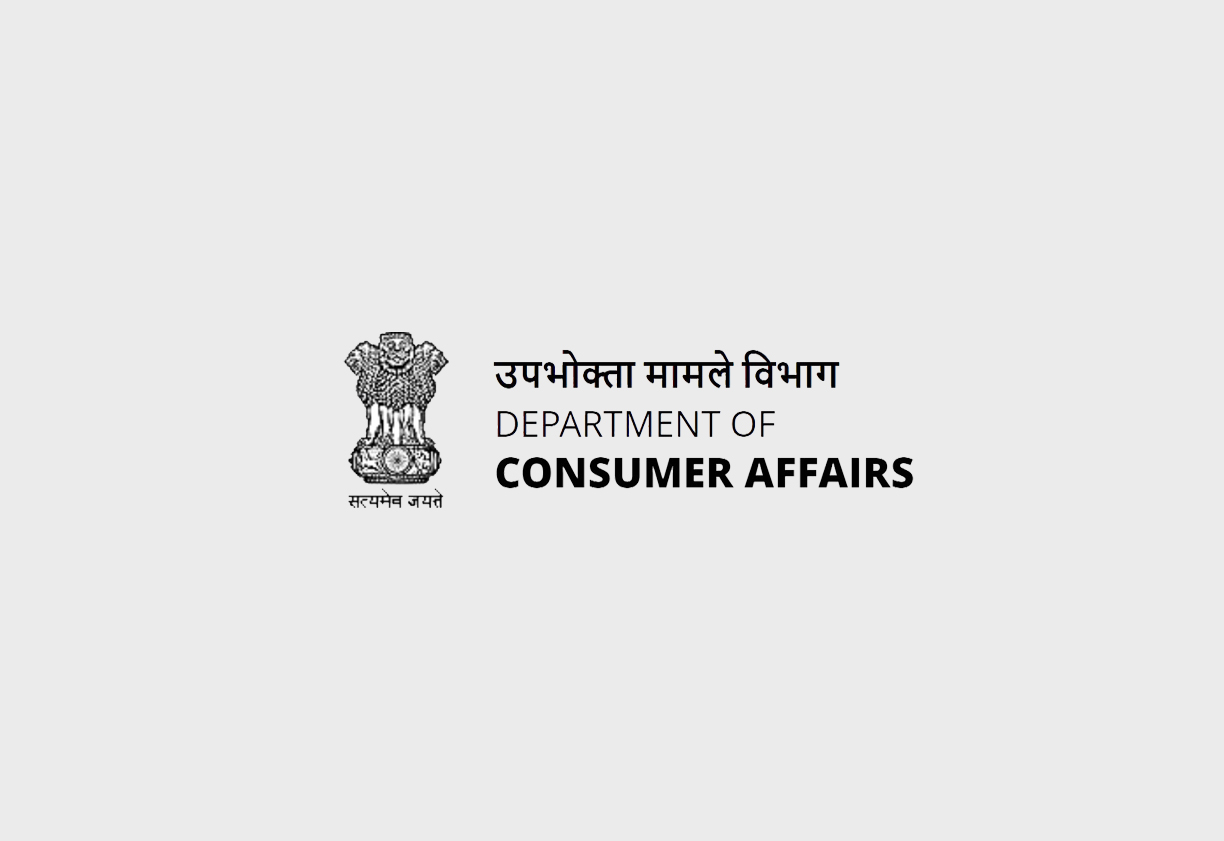Ministry of Consumer Affairs, Food and Public Distribution
The Prevention of Blackmarketing and Maintenance of Supplies of Essential Commodities Act, 1980, is a preventive detention law enacted to combat blackmarketing and ensure the maintenance of supplies of essential commodities in India. This Act empowers the Central Government and State Governments to detain individuals who are deemed to be acting in a manner prejudicial to the supply and distribution of essential goods. It outlines the procedures for detention, the rights of detainees, and the mechanisms for review and redressal. The Act is a significant measure for maintaining the availability of essential goods for the community.
Act Background and Ministry:
The Prevention of Blackmarketing and Maintenance of Supplies of Essential Commodities Act, 1980, was enacted by the Parliament of India. It was designed to provide a legal framework for preventive detention to combat black marketing and ensure the supply of essential commodities. The Act falls under the purview of the Ministry of Home Affairs, Government of India.
Enactment Date, Number of Chapters, Number of Sections:
The Act was enacted on February 12, 1980. It is structured into 17 sections, divided into 11 chapters.
Act Governed By:
The Act is primarily governed by the Central Government and State Governments, which have the power to make detention orders. The implementation of the Act involves various authorities, including officers of the Central and State Governments, District Magistrates, Commissioners of Police, and Advisory Boards.
On Whom it is Applicable:
The Act is applicable to any person who is deemed to be acting in a manner prejudicial to the maintenance of supplies of essential commodities. This includes individuals involved in black marketing, hoarding, or other activities that disrupt the supply and distribution of essential goods.
Penalties/Punishments:
The Act does not provide for penalties or punishments in the traditional sense. Instead, it focuses on preventive detention as a measure to maintain the supply of essential commodities. However, it does specify penalties for:
-
Failure to Surrender: Any person who fails to surrender himself after being temporarily released may be punished with imprisonment or fine, or both.
-
Violation of Bond: If a person released on bond fails to fulfill the conditions of the bond, the bond may be forfeited, and the person may be liable to pay the penalty thereof.
Important Pointers:
-
Preventive Detention: The Act allows for the preventive detention of persons who are deemed to be acting in a manner prejudicial to the maintenance of supplies of essential commodities.
-
Grounds for Detention: The Act specifies the grounds on which a detention order may be made, including actions that contravene the Essential Commodities Act, 1955, and other related laws.
-
Reporting and Approval: Detention orders made by officers must be reported to the State Government, and such orders require approval within a specified time.
-
Disclosure of Grounds: The Act mandates that the grounds for detention be disclosed to the detainee, who must be given an opportunity to make a representation against the order.
-
Advisory Boards: The Act provides for the constitution of Advisory Boards to review detention orders.
-
Maximum Detention Period: The maximum period for which a person may be detained under the Act is six months.
-
Power to Revoke or Modify: The Act empowers the government to revoke or modify detention orders.
-
Protection of Action: The Act protects actions taken in good faith under the Act from legal challenges.
Act Copy:




